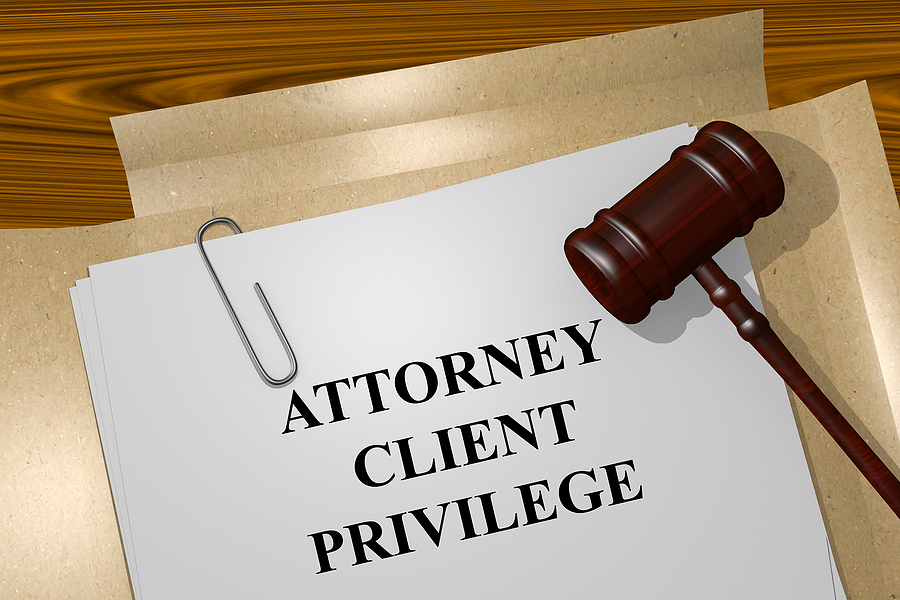If you find yourself navigating the Indiana court system, understanding various legal terms and their implications is crucial. One such term you may encounter is “criminal contempt.” Although not always well understood, being held in criminal contempt of court can have serious consequences. This guide aims to demystify criminal contempt, explaining what it means, the legal implications, and how to avoid it.

What Is Criminal Contempt?
Criminal contempt is a legal term for acts that disrespect or disobey court rules or authority. It can involve anything from disrupting court proceedings to defying a judge’s orders. Unlike civil contempt, which primarily aims to compel someone to comply with a court order, criminal contempt is punitive and seeks to uphold the court’s authority and dignity.
There are two main types of criminal contempt:
- Direct contempt occurs in the presence of the court, such as yelling at the judge or refusing to answer questions.
- Indirect contempt happens outside the court, like failing to follow a court order.
Legal Consequences
Being held in criminal contempt can result in fines, imprisonment, or both. It’s a serious charge that can affect your life significantly, making it essential to understand the charges fully and seek appropriate legal help.
The Process of Being Charged with Criminal Contempt in Indiana
Understanding the legal process involved can be the first step in navigating criminal contempt charges effectively. Here are some elements of the process to expect:
Initiating Contempt Proceedings
Contempt proceedings usually start when a judge notices a violation. The judge can then initiate contempt proceedings on their own or based on a complaint by another party.
Hearings and Legal Formalities
If you are charged, you’ll have a hearing where the court will determine whether you are guilty of contempt. Unlike other criminal offenses, contempt hearings can sometimes be more summary, meaning they can proceed quickly and without the usual full trial process.
Possible Outcomes
If found guilty, the court can impose various penalties, including fines or jail time. The specific consequences often depend on the nature of the contempt and the judge’s discretion.
Legal Rights and Defenses
Being charged with criminal contempt does not mean you are without rights. Knowing your legal rights and potential defenses is crucial. Here are some examples of both:
Right to a Fair Hearing
You have the right to a fair hearing. This includes being notified of the charges and having an opportunity to present your side of the story.
Common Defenses
Several defenses can be utilized:
- Lack of Intent – Arguing that the contemptuous act was unintentional.
- Compliance – Showing that you complied with the court’s orders.
- Invalid Order – Challenging the validity of the court order you allegedly violated.
Importance of Legal Counsel
Having an experienced attorney can make a significant difference in the outcome of your case. They can help you understand the charges, prepare a defense, and represent you in court.
Tips to Avoid Being Held in Contempt
Preventing contempt charges is always better than fighting them. Here are some tips to help you avoid actions that could lead to being held in contempt:
- Respect Court Proceedings: Always show respect for the court. This includes the judge, attorneys, and other court staff. Disrespectful behavior can quickly lead to contempt charges.
- Follow Court Orders: Make sure to follow any court orders to the letter. If you have any doubts about what is required, consult your attorney for clarification.
- Be Honest and Cooperative: Lying or being uncooperative can also result in contempt charges. Always be honest and cooperative during court proceedings.
The Role of Defense Attorneys in Criminal Contempt Cases
Legal representation is crucial when dealing with criminal contempt charges. A knowledgeable defense attorney can help you understand your rights, build a strong defense, and represent you effectively in court.
Why You Need a Defense Attorney
A criminal contempt charge is a serious matter that can have lasting effects on your life. A defense attorney can help you:
- Understand the charges and potential penalties.
- Explore all possible defenses.
- Navigate the legal process.
- Advocate for your rights in court.
Choosing the Right Attorney
When selecting a defense attorney, consider their experience and expertise in handling contempt cases. Look for someone who is knowledgeable about Indiana law and has a proven track record of success.
Conclusion
Understanding criminal contempt and its implications is vital for anyone involved in the Indiana court system. By knowing your rights, following court orders, and seeking appropriate legal representation, you can better navigate the complexities of criminal contempt.
Are you ready to discuss the best defense strategies for your specific legal situation? Contact Attorney David E. Lewis at 317-636-7514 today to schedule a free consultation and take the first step towards a strong defense. We’re here to help you understand your legal rights and provide the guidance you need to avoid being held in criminal contempt. We will get you the best possible outcome to your criminal case!
Related Posts:
What to Wear for a Court Hearing: A Comprehensive Guide
How to Prepare For a Successful Trial as a Criminal Defendant
A Guide to Understanding Your Rights in Criminal Court









